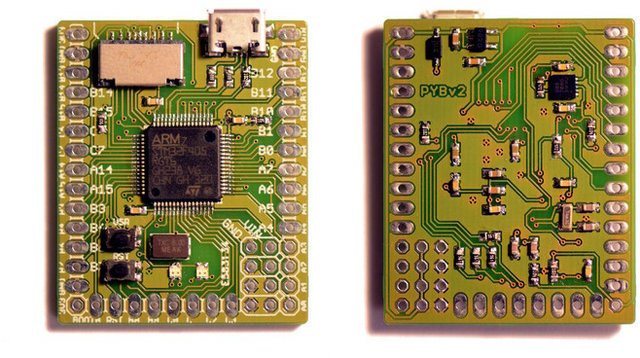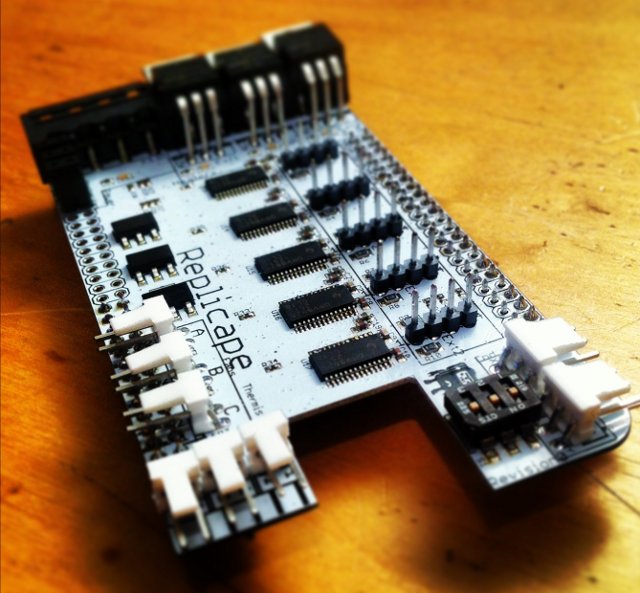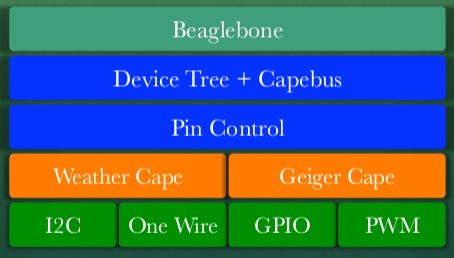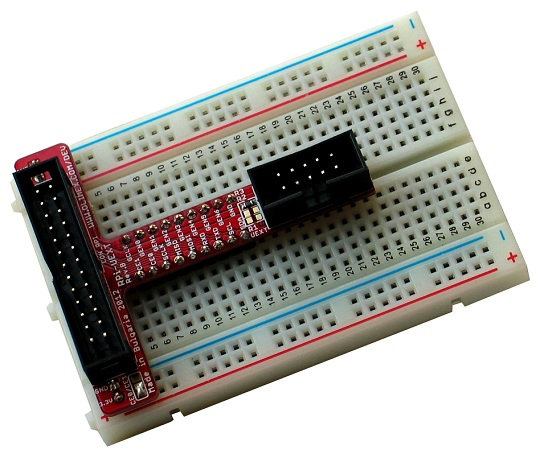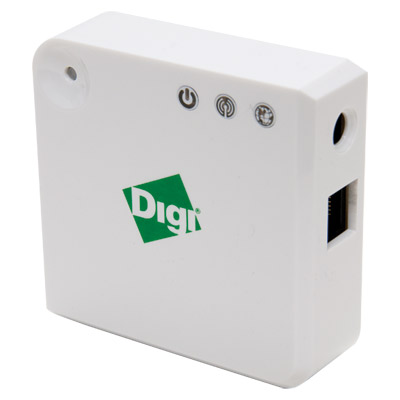Micro Python is an implementation of the Python programming language, written from scratch and optimized to run on micro-controllers such as the ones based on ARM Cortex-M cores. Damien George, the developer, also designed the Micro Python board powered by STMicro STM32F405 Cortex M4 MCU for the purpose of running Micro Python. Even though in this project, the star of the show is not the board itself, as Micro Python will run on other platform once it’s open source, let’s have a look at the hardware specifications: MCU – STMicro STM32F405RG @ 168MHz with 1MB flash, 192KB RAM, and an FPU. External storage – Micro SD slot 30 general purpose I/O pins – 5 USARTs, 2SPIs, 2 I2C busses, 14 ADC pins, 2 DAC pins, 2CANs, and 4 servo ports with power. Built-in USB interface Misc – 4 LEDs, a user switch, a reset switch, a real-time clock, and a 3-axis […]
You-Get – Video Download Script for YouTube, YouKu, DailyMotion, and More
YouKu is the equivalent of YouTube in China, and earlier today I wanted to download a video from the service, so I’ve looked for an application or script that can do the job in Linux. I’ve finally come across you-get, a python 3 script that claims to be able to download videos from an impressive number of websites, namely: YouTube Vimeo Coursera Blip Dailymotion Facebook Google+ Google Drive Tumblr Vine SoundCloud Mixcloud Freesound JPopsuki VID48 Niconico (ニコニコ動画) Youku (优酷) Tudou (土豆) YinYueTai (音悦台) AcFun bilibili CNTV (中国网络电视台) Douban (豆瓣) ifeng (凤凰视频) iQIYI (爱奇艺) Joy.cn (激动网) Ku6 (酷6网) MioMio h NetEase (网易视频) (v.163.com) PPTV.com QQ (腾讯视频) (v.qq.com) Sina (新浪视频) (video.sina.com.cn) Sohu (搜狐视频) (tv.sohu.com) 56 (56网) Xiami (虾米) Baidu (百度音乐) (music.baidu.com) SongTaste I won’t try all, but just test it with YouKu and YouTube. First things first, let’s install it:
|
1 2 3 4 5 |
git clone git://github.com/soimort/you-get.git cd you-get sudo apt-get install python3 python3-setuptools ./you-get -V make install |
Time to go to youku.com and download a video:
|
1 2 3 4 5 6 7 8 |
you-get http://v.youku.com/v_show/id_XNTQ1OTk3NTAw.html Video Site: Youku.com Title: 1 second boot QT app in linux-sunxi with A10 Type: Flash video (video/x-flv) Size: 5.45 MB (5711001 Bytes) Downloading 1 second boot QT app in linux-sunxi with A10.flv ... 100.0% ( 5.4/5.4 MB) [========================================] 1/1 |
Success! […]
Replicate CAPE Adds 3D Printring Capability to the Beaglebone
Beagleboard.org launched the Beaglebone Cape Design Contest back in November, several designs were submitted, and yesterday, they announced the 3 winning CAPEs who will be manufactured and sold by Circuitco Electronics: Replicape by Elias Bakken – 3D printer cape Interacto by Chris Clark – Cape with a triple axis accelerometer,a gyroscope, a magnetometer and a 640×480 30fps camera. Geiger cape by Matt Ranostay – Geiger counter cape Since today I’ve started to write about 3D printing, let’s carry on and have a closer look at the Replicape. The Replicape 3D printer cape includes: 5 stepper motors (X, Y, Z, Ext1, Ext2) 3 high power MOSFETs (PWM controlled) for 2 extruders and 1 HPB 3 medium power MOSFETs (PWM controlled) for up to 3 fans 3 analog input ports for thermistors 3 inputs for end stops (X, Y, Z) Programmable current limits on steppers motor drivers (SMD). No need to manually adjust […]
Beaglebone: The Perfect Telemetry Platform? – ELCE 2012
Matt Ranostay, technical staff at Ranostay Industries, gives a presentation about a telemetry system based on Beaglebone at the Embedded Linux Conference Europe on November 5, 2012. Abstract: The author will discuss his ongoing and other team members efforts to develop hardware and software that reports sensor data to the community. This talk will be split into several parts a) types of useful sensors b) hardware design of Beaglebone capes c) and telemetry reports to Pachube/Cosm. Demonstrating that in the new world of cheap prototyping boards with I2C, GPIO, and SPI that anyone can setup a decent monitoring system for home security, automation, and weather reporting. There will be a live demo of prototype geiger counter + weather station. The audience targeted is the professional hobbyist who likes to hack on microcontrollers in their spare time. It will take little to medium knowledge of electrical engineering to follow this talk. […]
3.95 Euros RPI-UEXT Breadboard & UEXT Adapter for Raspberry Pi is Now Available
Last month, I wrote about an upcoming T-shaped adapter for the Raspberry Pi that can easily plug into a breadboard, and provides a UEXT connector that can bring new features (RTC, GPRS, sensors, relays…) to the Raspberry Pi via low cost external UEXT modules. Olimex has just announced the RPI-UEXT adapter is now available for 3.95 Euros. To connect RPI-UEXT adapter to the Raspberry Pi, you’ll need to purchase a 26-pin ribbon cable and a breadboard if you don’t have these already. Olimex provides those 2 for respectively 2 & 2.95 Euros. That means a complete set would cost 8.90 Euros. As discussed on my first RPI-UEXT post, what makes this little board really interesting are all the existing UEXT modules (over 20) that bring new features at very low cost. Olimex uploaded a video showing the Raspberry Pi, the RPI-UEXT and the MOD-IO UEXT module connected together, with the Raspberry […]
libavg on Raspberry Pi
libavg development team has recently announced a beta port of their multimedia library to the Raspberry Pi. libavg is a high-level development platform for media-centric applications using Python as scripting language and written in C++. I came to know this platform as I tried Xibo Digital Signage, and I tested it on ARM platforms. Up to know this would only work using software rendering/decoding, and everything was painfully slow on ARM, but libavg developers are now making use of OpenGL ES to boost graphics speed. More work is needed, and they intend to eventually support features such as hardware video decoding (OpenMAX possibly via gstreamer) and compressed textures. Installing libavg on Raspberry Pi. Pre-built packages are available for Raspberry, so installation is pretty straight forward:
|
1 2 3 4 5 |
sudo apt-get install libxml2 libpango1.0-0 librsvg2-2 libgdk-pixbuf2.0-0 \ libavcodec53 libavformat53 libswscale2 libboost-python1.49.0 \ libboost-thread1.49.0 libsdl1.2debian libxxf86vm1 wget https://www.libavg.de/site/attachments/download/190 -O libavg-raspberry.tar.bz2 sudo tar -C /usr/local -xjf libavg-raspberry.tar.bz2 |
Running Samples Apps 32 samples are located in /usr/local/lib/python2.7/dist-packages/libavg/samples/ directory, and they rely on X11, so first start LXDE:
|
1 |
startx |
Open a serial console (LXTerminal) […]
Xibo Digital Signage Version 1.4.0 Released
Xibo has just announced the release of Xibo 1.4.0 (codename: “Brorsen”). Contrary to version 1.3.0 which was a development release, Xibo 1.4.0 is a stable release and you should consider updating your current installations if you want to take advantage of some of the 27 new features and/or 108 bug fixes. This version replaces the previous stable version (1.2.2) released 18 months ago. If you are not familiar with Xibo, it is an open source Client/Server digital signage framework that can run in Windows (.NET implementation) and Linux (Client: Python, Server: LAMP). For some more details, you can read my introduction to Xibo and/or a “getting started” tutorial I wrote some time ago. Main new features in Xibo 1.4.0 Significant improvements to permissions – View, Edit and Delete permissions can now be set on the following items: Library Media Layouts Regions in Layouts Media on Region Timelines DataSets Display Groups […]
ConnectPort X2e SEP 2.0 Compliant Home Energy Gateway with Zigbee Connectivity
Digi International announced the “ConnectPort X2e for Smart Energy”, a Linux-based Home Energy Gateway with Zigbee connectivity based on Freescale Home Energy Gateway Reference Platform powered by Freescale i.MX28 processor. The “ConnectPort X2e for Smart Energy” is upgradable to comply with the new Smart Energy 2.0 Profile (SEP 2.0) and enables ZigBee devices on a Home Area Network (HAN) to communicate with an energy service provider. The new gateway is a low-cost, enhanced version (hence the “e” in X2e) of Digi’s ZigBee Smart Energy Gateways. The device connects ZigBee Smart Energy devices from a Home Area Network (HAN) to an energy service provider via broadband. It supports over-the-air updates of connected Smart Energy devices, making it easier for utilities and application partners to establish and maintain large Smart Energy device deployments. The company offers two models namely: ConnectPort X2e, ZigBee SE Coordinator for stand-alone Smart Energy networks that do not […]


